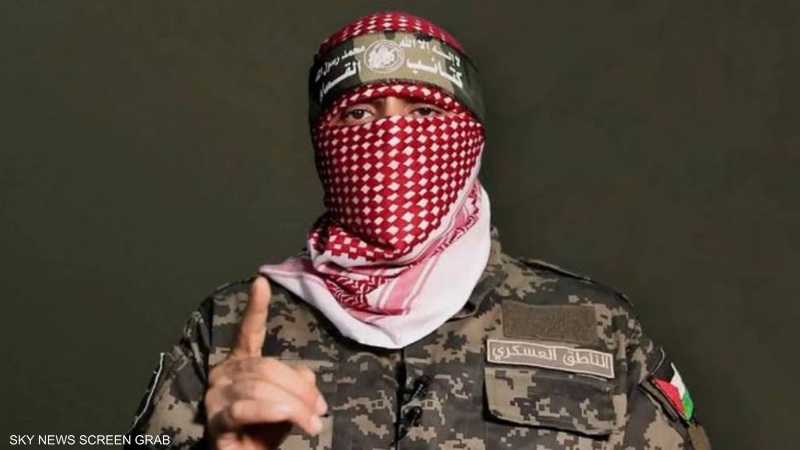The Mysterious Masked Man.. The Story of "Abu Ubaida" Whose Assassination Was Announced by Israel After Two Decades of Appearance
August 31, 20256169 ViewsRead Time: 2 minutes

Font Size:
16
Palestinian sources revealed the killing of Abu Ubaida, the spokesperson for the Al-Qassam Brigades, the military wing of Hamas, following an Israeli targeting of an apartment he was in, in northern Gaza Strip, which led to his death and that of others with him.
Sources from his family and leaders in Al-Qassam confirmed the news of his death after identifying his body.
The Most Famous Voice of Al-Qassam
For more than 20 years, "Abu Ubaida" has been the most prominent media face of the Al-Qassam Brigades.
Although his true identity was not widely known, his voice and his appearance masked with a red keffiyeh gave him a significant presence in the Palestinian and Arab arenas.
His name prominently emerged during the 2014 war in Gaza, when he conveyed Al-Qassam's messages and military statements, becoming a media symbol and voice of resistance, earning the nickname "The Mysterious Masked Man".
A Journey of Secrecy and Pursuit
He first appeared between 2002 and 2003 as a field commander in Al-Qassam.
He held his first press conference in 2004 at Al-Noor Mosque in Gaza, announcing military operations against the Israeli army.
In June 2006, he announced the operation to capture Israeli soldier Gilad Shalit.
His house was bombed several times (2008, 2012, 2014, 2023).
He survived three previous Israeli assassination attempts before his death was announced today.
His True Identity?
After the announcement of his assassination, Israeli media circulated images claiming to reveal his true face, with the Times of Israel reporting that "Abu Ubaida" is Huzaifa Samir Abdullah Al-Kahlout from Jabalia camp in northern Gaza, based on images published in 2023.
The End of the Masked Man
With the assassination of "Abu Ubaida", Israel has closed the chapter on one of the most mysterious figures in Hamas, whose name has been associated for two decades with the discourse of military resistance, and he was considered "the voice of Al-Qassam" and its most prominent media symbol.